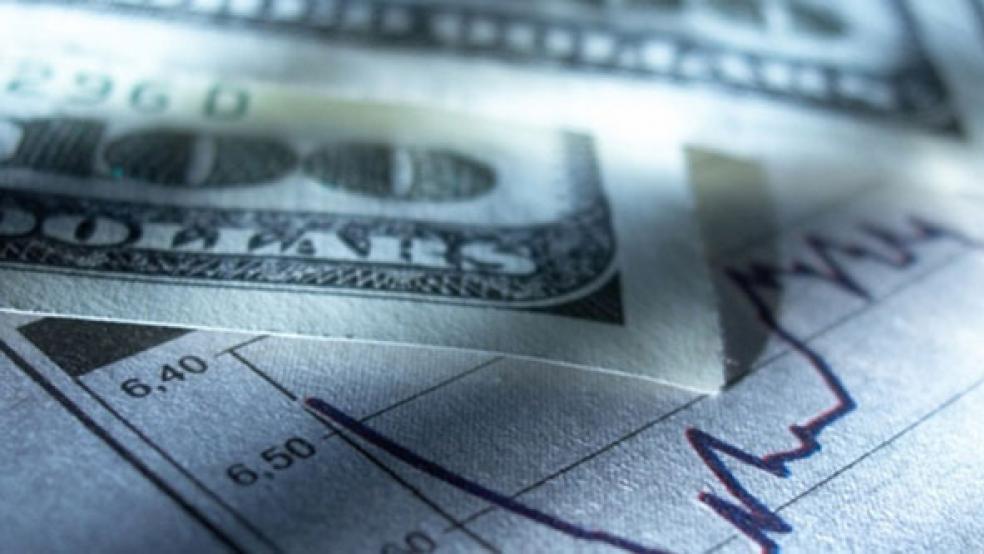Two years, more than 30 debates, a record $6 billion spent, and what do we have to show for it? The political balance in Washington has barely budged. Latin may be a dead language but the term "status quo" has never been more popular.
For President Obama, four more years in the White House will be an opportunity to cement his legacy and to prove whether he can really move the country “forward.” Job No. 1 in that regard is to create jobs and strengthen the economy.
Obama’s legacy may ultimately be based on his health-care law, or perhaps his Wall Street reform, or his stimulus bill. It may yet be built on a grand bargain that tackles Social Security and Medicare costs, or tax reform, or a new immigration law that gets pushed through in the next four years. Or it may yet be determined by his response to some unforeseen crisis – that 3 a.m. phone call about another act of terror or global threat.
But much as Ronald Reagan and Bill Clinton are remembered in large part for the economic expansions that took place during their time in office, Obama’s presidency is likely to be measured by the extent to which the sluggish recovery we have today gains momentum in the coming months and years, or whether it peters out and leaves businesses and families in no better shape to deal with the financial challenges ahead.
One thing did change Tuesday night: Obama will no longer be able to blame George W. Bush for the state of the economy. Voters may have agreed with the president about the depth of the hole we were in and who put us there, but having won another term, it is Obama's economy now. And here's where it stands right now:
The U.S. has enjoyed a decades-long stretch of economic prosperity. The Great Recession was the most severe break in that stretch. While the economy has been growing since the second half of 2009, that growth has been bumpy – and modest at best.
The Federal Reserve has pushed interest rates to historically low levels in an attempt to speed the recovery.
And although the low interest rates have fueled fears among some that inflation will become a problem, core inflation (blue) has been tame even as food and gas prices have been somewhat volatile.
Low interest rates have helped stabilize the housing market after a long and painful bust. Housing remains far from robust, but there are early signs of real improvement in an area of the economy that had been a huge drag on growth.
The stock market, which has surged during Obama's time in office, regaining much of what it lost during the crisis.
The wealth effect from the housing and stock market gains has resulted in improved consumer confidence.
While consumers are just starting to feel better, businesses have fared well since the downturn, with profits rebounding to record levels.
Still, as consumers have grown more confident lately, businesses have been growing more anxious. Companies have recently been scaling back their spending due to increasing worries about sputtering economic growth around the world.
Souring corporate sentiment could be a worrisome development for a job market, while still depresseed, has been improving. The economy has added 2.1 million jobs over the last year, but it is still more than 4 million jobs shy of where it was in January 2008.
The private sector has at least been adding some jobs, while the government has been shedding them, at least until lately.
The unemployment rate, which hit 10 percent in October 2009, has dropped below 8 percent. Yet it is still historically high, at 7.9 percent as of last month – a tick above the 7.8 percent level it was at when Obama took office in 2009.
The percentage of Americans with jobs is near a 30-year lows.
Discouraged workers have left the job market, though some have come back recently as the employment picture has shown signs of improvement.
Even as the jobs market has gotten modestly stronger, real income has been stagnant.
And wages, as a percentage of the overall economy, have fallen to historic lows.
With demographic shifts and high unemployment, the government has been spending more and more on entitlement programs like Social Security and Medicare.
Which exacerbates another looming problem: The federal debt has ballooned, leading many economists to worry that it will prevent future growth. And the annual budget deficit has been more than $1 trillion in each of Obama's four years in office.
And though President Obama and leaders in Congress will need to come up with a long-term plan to address those big budgetary issues, they also have a more immediate problem to solve: the fiscal cliff.





